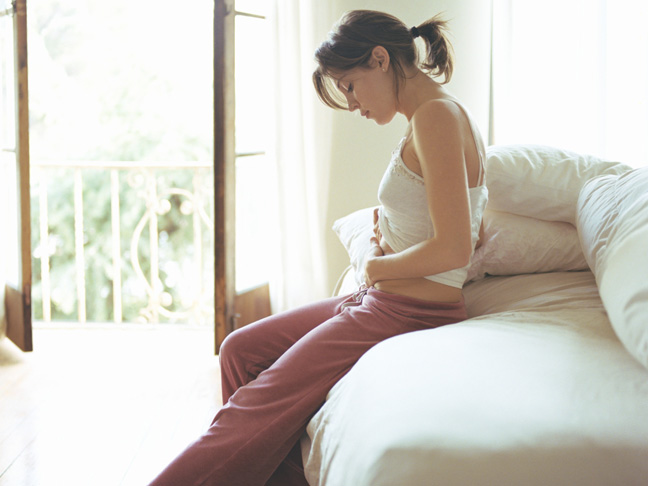I didn’t experience morning sickness with either of my pregnancies. I had plenty of other aches and discomforts, but throwing up in a subway station trashcan during rush hour (like my friend once did) was not one of them. Thank god. And the simple fact that I was vomit-free in my first trimester had everyone convinced that they knew the sex of my baby both times.
One of the most common old wives tales for predicting a baby’s gender is that having morning (or afternoon or evening or all day) sickness anytime during your pregnancy means you are having a girl.
Is it true?
Some studies suggest that women who experience hyperemesis gravidarum — an extreme form of morning sickness characterized by weight loss, electrolyte disturbance, and possible hospitalization– are more likely to deliver girls. However, according to Melissa Goist, MD, an ob-gyn at The Ohio State University Wexner Medical Center in Columbus, Ohio, there is no truth to the myth.
“Fifty to 90 percent of women have some form of nausea and/or vomiting in the first trimester, and as many as 3 percent of women have severe morning sickness (hyperemesis),” she says.
Dr. Goist adds that nausea and vomiting during pregnancy has been linked to genetics, so if your mom was sick, then you have a good chance of being sick, too. Morning sickness is also more common in women who have heartburn and/or acid reflux, and also women who have nausea related to estrogen and motion sickness.
More for Pregnant Moms:
Photo: Getty
